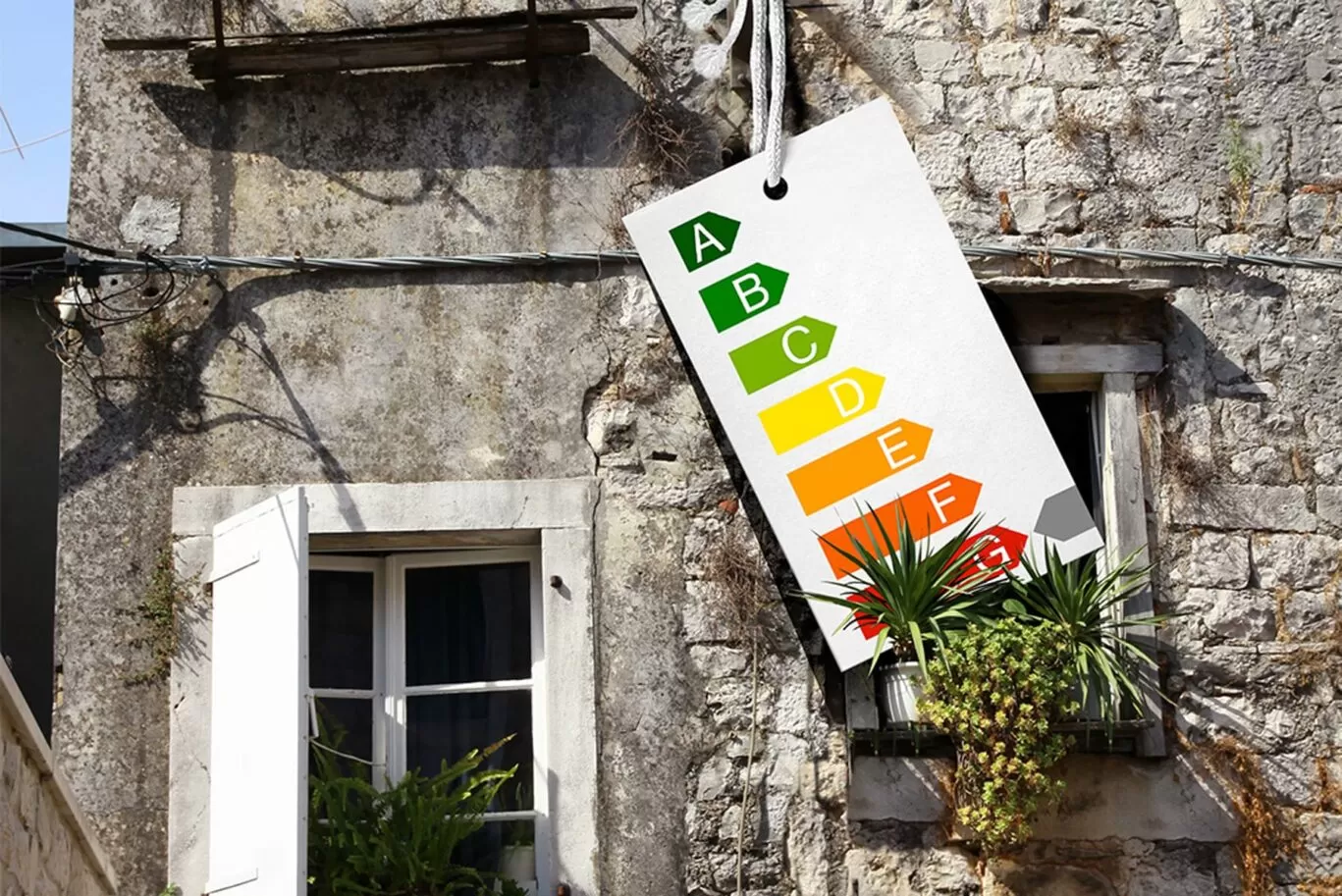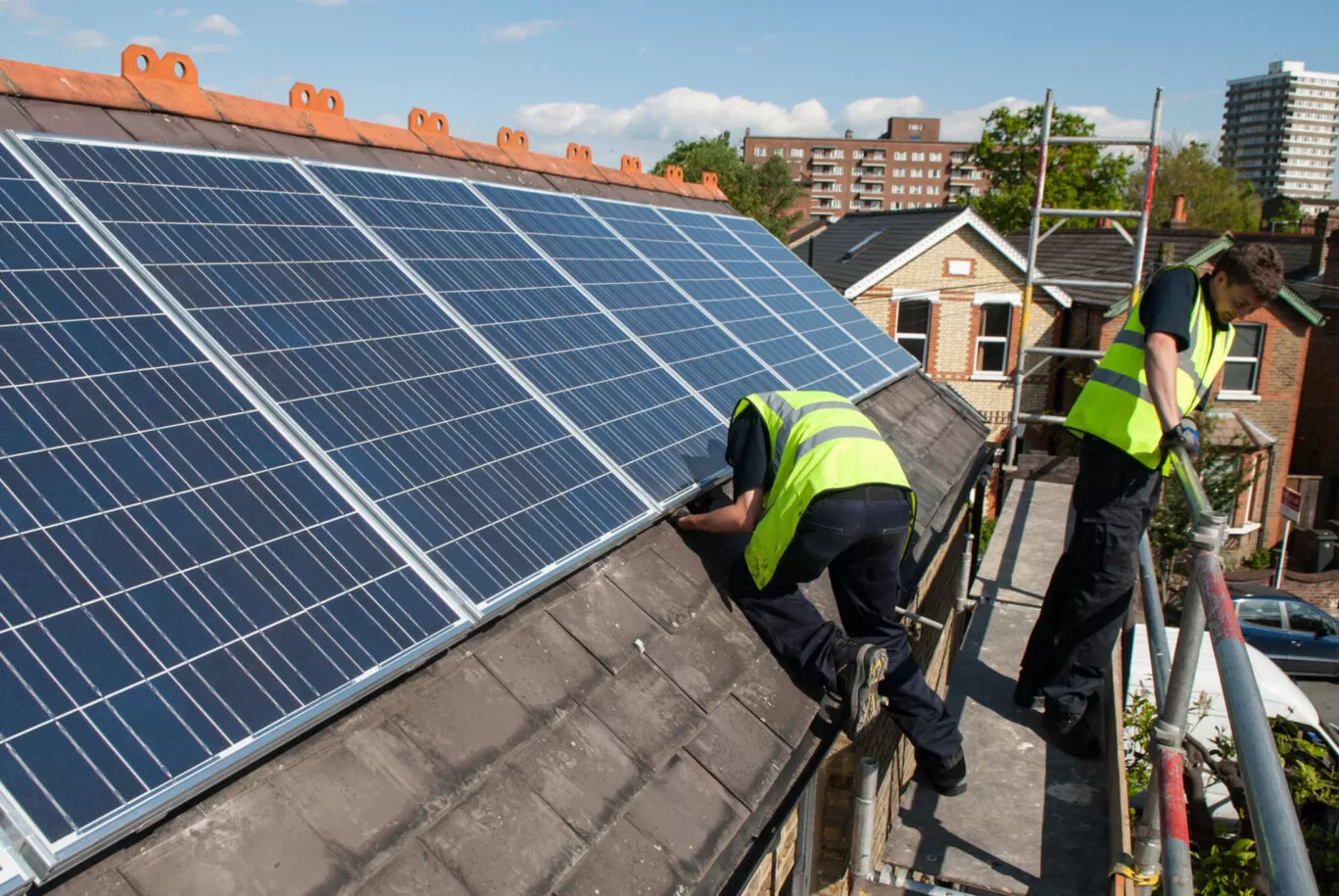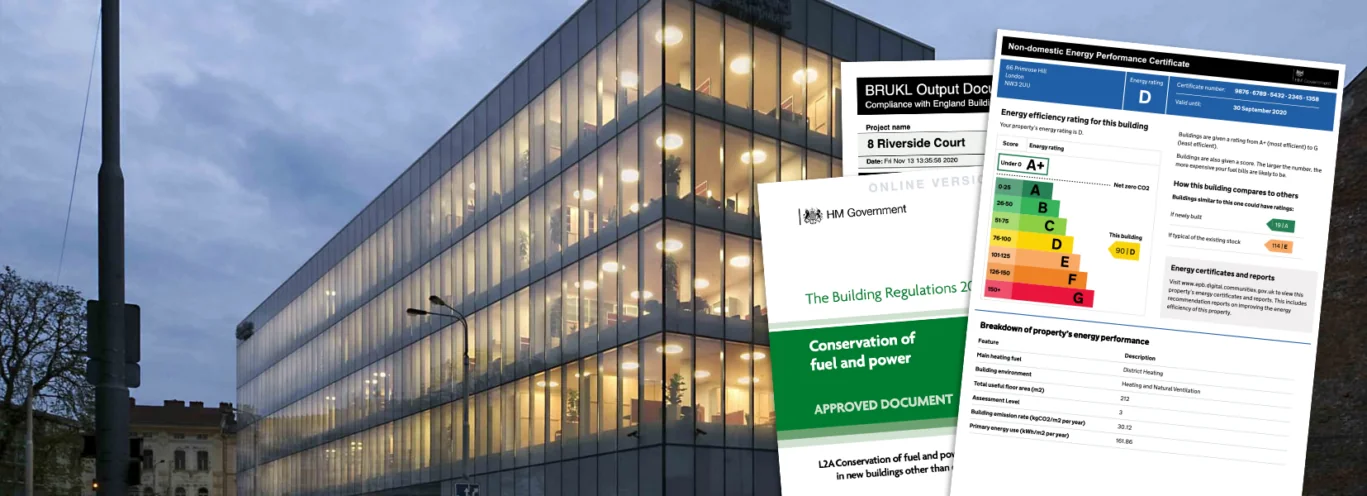The Prime Minister recently announced the launch of the ‘Skills England Bill’ – a new body designed to improve the state of training and education in the UK. Given the ambitious energy targets set for the country, there is a need to boost green skills over the next few years. Currently, the road to Net Zero is hindered by skills gaps* and shortages. Could the ‘Skills England Bill‘ be part of the solution to this problem?
What is the Skills England Bill?
The Skills England Bill is a new body that aims to unite authorities, individuals and businesses nationwide to boost education across all industries. As the UK faces skills gaps and shortages, Skills England aims to address these critical needs.
One of its primary roles will be managing funding for specific apprenticeships and training programmes. For example, it will be responsible for identifying which training will qualify for funding under the growth and skills levy. This should provide employers with more options for staff training and development. Consequently, this should lead to an increase in the UK’s skilled workforce.
Additionally, the Skills England Bill will work on a new strategy for post-16 education to make learning more accessible. The goal is to create opportunities for school leavers to gain expert skills ennabling them to enter the workforce and succeed in their chosen field.
Why Do We Need It?
Studies show that skilled workers are crucial to economic growth. Looking at figures over the past two decades, a third of productivity improvement can be attributed to enhanced skill levels. As beneficial as a surplus of skills can be, a lack of them can be just as damaging. Between 2017 and 2022 UK skill shortages doubled to over half a million! This shortage accounts for 36% of job vacancies*.
The Skills England Bill aims to address this issue by supporting local areas in developing the skilled workforces they need, thereby promoting sustainable growth.
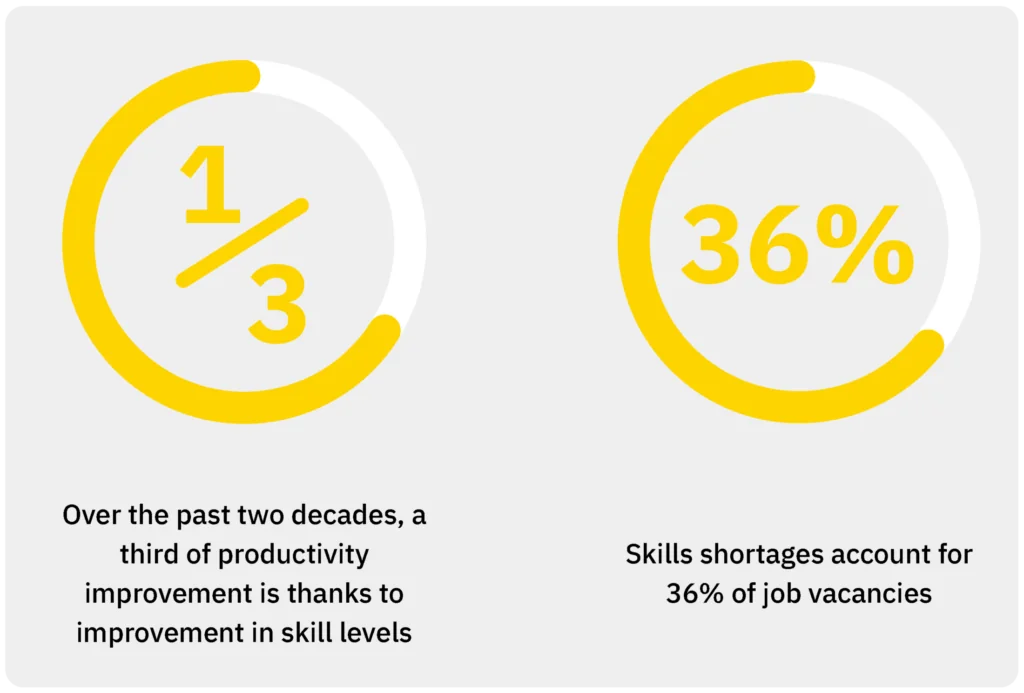
Green Skills
What Are Green Skills?
Green skills are defined by the Green Jobs Taskforce as “employment in an activity that directly contributes to – or indirectly supports – the achievement of the UK’s net zero emissions target and other environmental goals”. We often link green skills with sectors that are closely tied to sustainability goals – such as home heating, waste, and power. However, green skills are not limited to solely what you could call ‘green roles’. They are increasingly in demand across almost all professions as higher importance is placed on creating a green future. Green skills are valuable to employers for almost any role and sector.
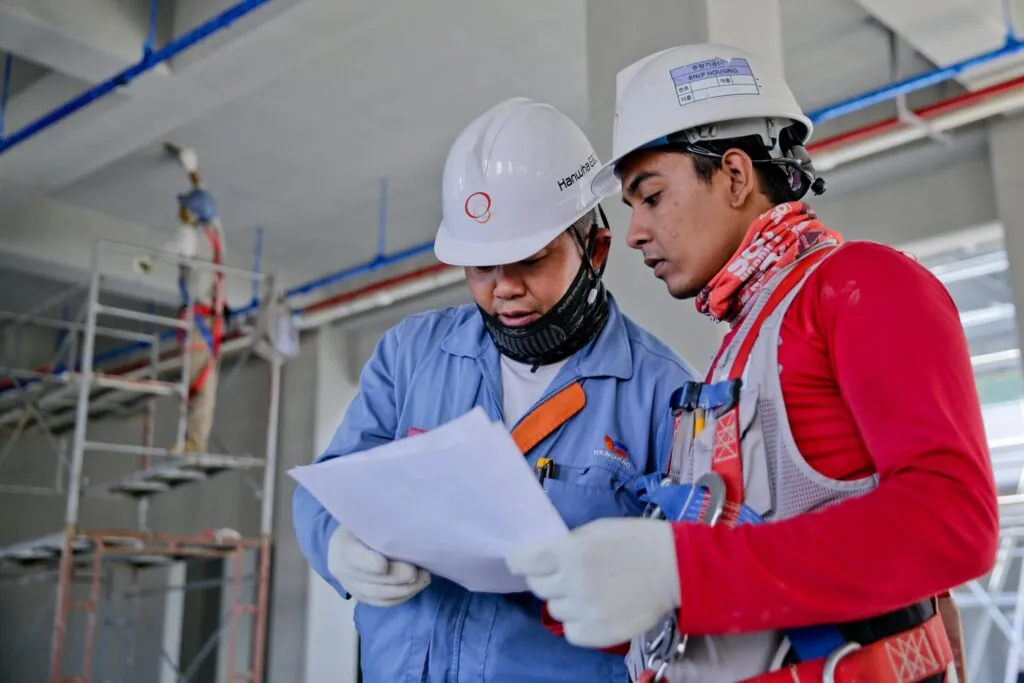
The Need For Growth in Green Skills
There is a huge need for more Green Skills. Naturally, as an industry grows it requires more skilled workers to fill skilled roles. Over the past few years, the UK has directed attention on creating a green future, pumping billions of pounds of funding into green schemes and setting goals such as the Net Zero target.
All of this activity has created a need for more skilled workers to implement and sustain these green initiatives. For example, research commissioned by the West England Mayoral Combined Authority revealed that more than 50,000 jobs would be required for the West Midlands alone to reach Net Zero by 2030*.
This snapshot illustrates the broader need for skilled workers in the green skills field. Education is the only way to meet this demand. It is suggested that the quality and uptake of vocational education and training (such as apprenticeships) are key for developing green skills in the workforce*.
Skills England Bill & Green Skills
Could Skills England be instrumental in this nationwide up-skilling process? Its goals are certainly aligned with the need for more skilled workers, particularly in green industries. While it looks promising, we’ll need to wait and see how much it helps the green skills sector over the next few months and years. Watch this space!
*Sources: The road to Net Zero is affected by skills shortages , skills shortage accounts for 36% of job vacancies , more than 50,000 jobs would be required for the West Midlands to reach Net Zero by 2030 , the quality and uptake of vocational education and training (such as apprenticeships) are key for developing green skills



